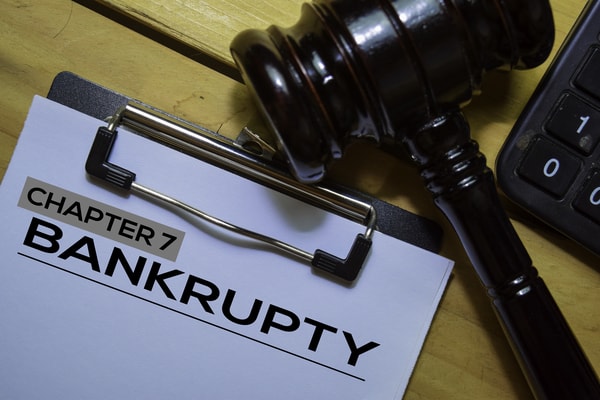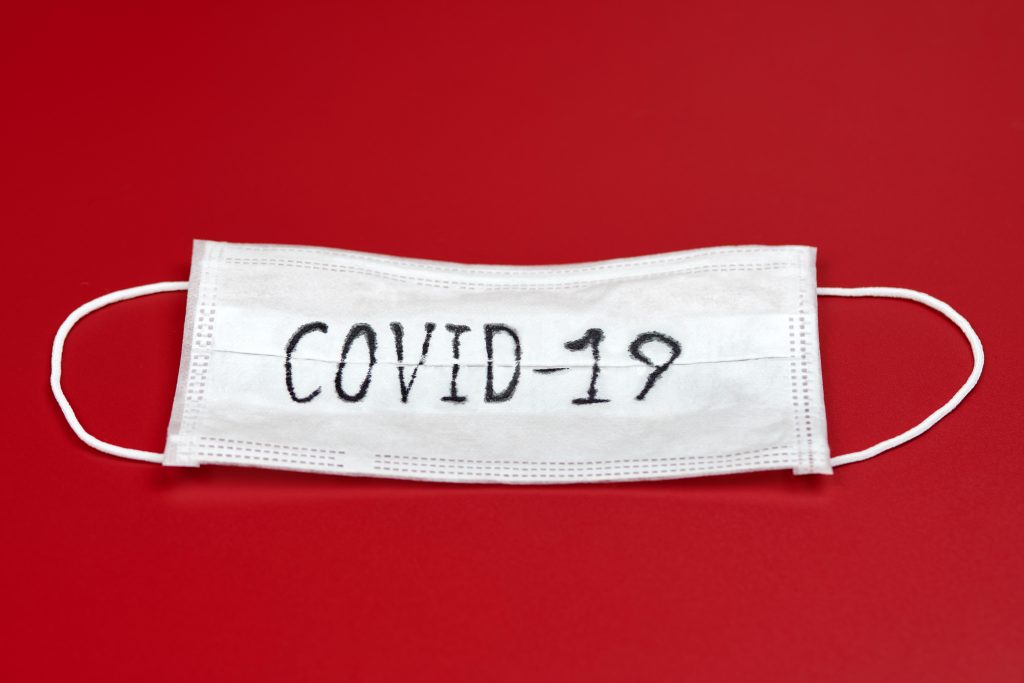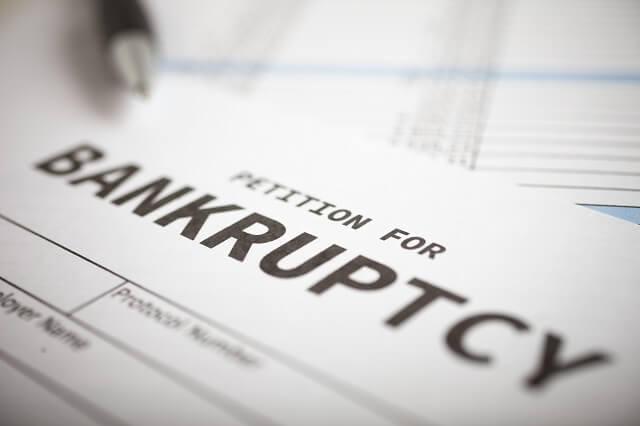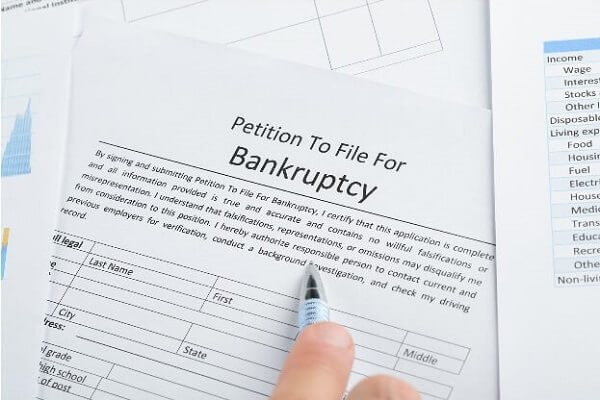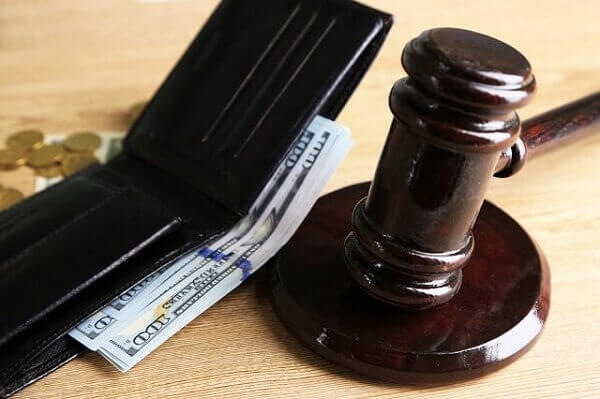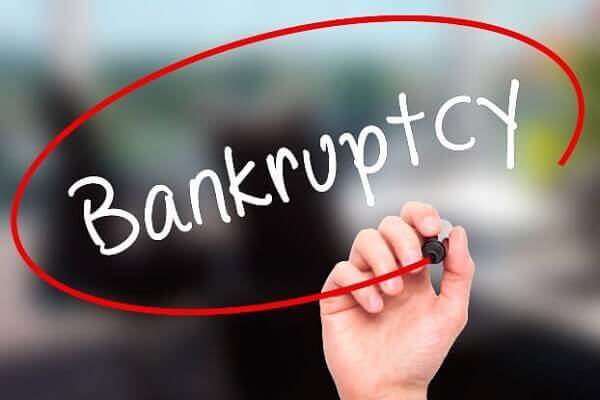Will Bankruptcy Protect Me from a Lawsuit?
Being sued is likely on everyone’s list of things they hope never happens to them. Opening an envelope and seeing a document that informs you someone has sued you can be an incredibly anxiety-producing moment – even more so if your financial situation was dire before the lawsuit arrived. So what do you do now?…
How the Coronavirus Pandemic Might Affect Your Finances
In America and across the globe, we currently find ourselves in an unprecedented time. The global pandemic COVID-19 has affected almost everyone in one way or another. It has impacted health, obviously. And for many, this is understandably the most urgent and pressing concern presented by the virus. Beyond its health impacts, however, it has…
Can Filing for Bankruptcy Stop Repossession?
Filing for bankruptcy may stop repossession. But it depends on the type of bankruptcy you file and how far into the repossession you are. If you are being threatened with repossession and you want to keep your vehicle, speak with a bankruptcy attorney immediately. The sooner you file for bankruptcy, the easier it might be…
What Is the Difference between Filing for Chapter 11 and Chapter 13 Bankruptcy?
What’s the difference between Chapter 11 and Chapter 13 bankruptcy? Chapter 11 and Chapter 13 are bankruptcy options. Chapter 11 is a reorganization for businesses, while Chapter 13 allows a consumer to completely eliminate debts through repayment under a court-ordered plan. If you are a business owner, you may wonder which is the right option…
What Happens If You Do Not Disclose All of Your Assets When You File for Bankruptcy?
What happens if you do not disclose all of your assets when you file for bankruptcy? When filing for bankruptcy, you are required to disclose all assets and income. If you do not disclose all assets, including any recent transfers, your case may be dismissed and the court may impose criminal penalties – depending on…
Should You Tell Creditors You Are Filing for Bankruptcy?
Should you tell your creditors you are filing for bankruptcy? While you can tell creditors you are filing bankruptcy, doing so may not stop them from continuing to call and try to collect on a past due debt. The only way to stop them from harassing you for payment, legally, is to file for bankruptcy…
What Is Considered Disposable Income for Chapter 13?
When you file for bankruptcy, what is considered disposable income? No matter which chapter of bankruptcy you choose to file, the courts look at your disposable income and compare it to your monthly debt obligations. Disposable income is that which you can use to pay down debts, and if you have too much disposable income,…
What Debts Are Not Dischargeable in Bankruptcy?
What Debts are not Dischargeable in Bankruptcy? What debts are not dischargeable in bankruptcy? One common misconception among consumers is that you can discharge all debts and be 100 percent debt-free if you file for Chapter 7 bankruptcy. While you could discharge a vast majority of your debtors, the belief that you can remove 100…
What Is Relief from Automatic Stay?
Who gets relief from the automatic stay in bankruptcy? When a relief from the automatic stay is filed, it is done by a creditor. The creditor is asking the court to remove the automatic stay protection issued in bankruptcy so that they can continue collection efforts. Typically, the creditor does so when they need to…
How Much Should You Be in Debt before Filing for Bankruptcy?
How much debt should you be in before filing bankruptcy? A common question on consumer minds is whether or not they have enough debt to justify filing for bankruptcy. The answer is not as simple as “X dollars” is the threshold. Instead, it comes down to your unique financial situation, the type of debts you…
